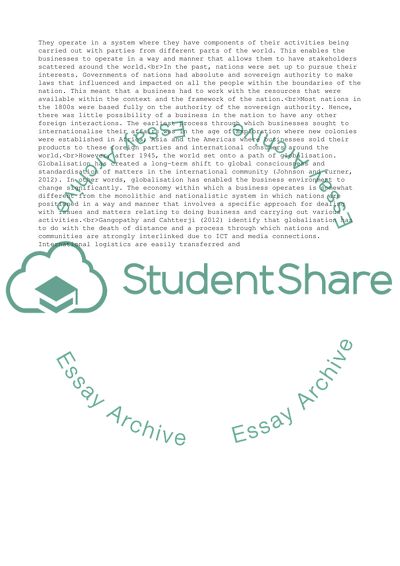Cite this document
(Identify and critically appraise an area of the contemporary business Essay - 1, n.d.)
Identify and critically appraise an area of the contemporary business Essay - 1. https://studentshare.org/business/1807882-identify-and-critically-appraise-an-area-of-the-contemporary-business-and-management-environment-in-relation-to-theoretical-concepts
Identify and critically appraise an area of the contemporary business Essay - 1. https://studentshare.org/business/1807882-identify-and-critically-appraise-an-area-of-the-contemporary-business-and-management-environment-in-relation-to-theoretical-concepts
(Identify and Critically Appraise an Area of the Contemporary Business Essay - 1)
Identify and Critically Appraise an Area of the Contemporary Business Essay - 1. https://studentshare.org/business/1807882-identify-and-critically-appraise-an-area-of-the-contemporary-business-and-management-environment-in-relation-to-theoretical-concepts.
Identify and Critically Appraise an Area of the Contemporary Business Essay - 1. https://studentshare.org/business/1807882-identify-and-critically-appraise-an-area-of-the-contemporary-business-and-management-environment-in-relation-to-theoretical-concepts.
“Identify and Critically Appraise an Area of the Contemporary Business Essay - 1”. https://studentshare.org/business/1807882-identify-and-critically-appraise-an-area-of-the-contemporary-business-and-management-environment-in-relation-to-theoretical-concepts.


